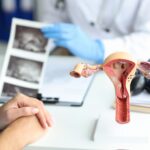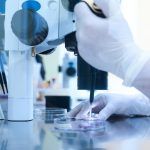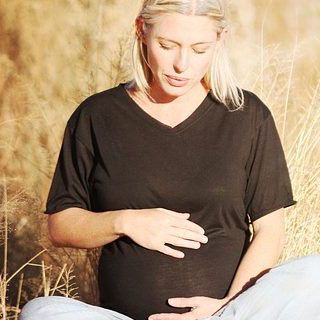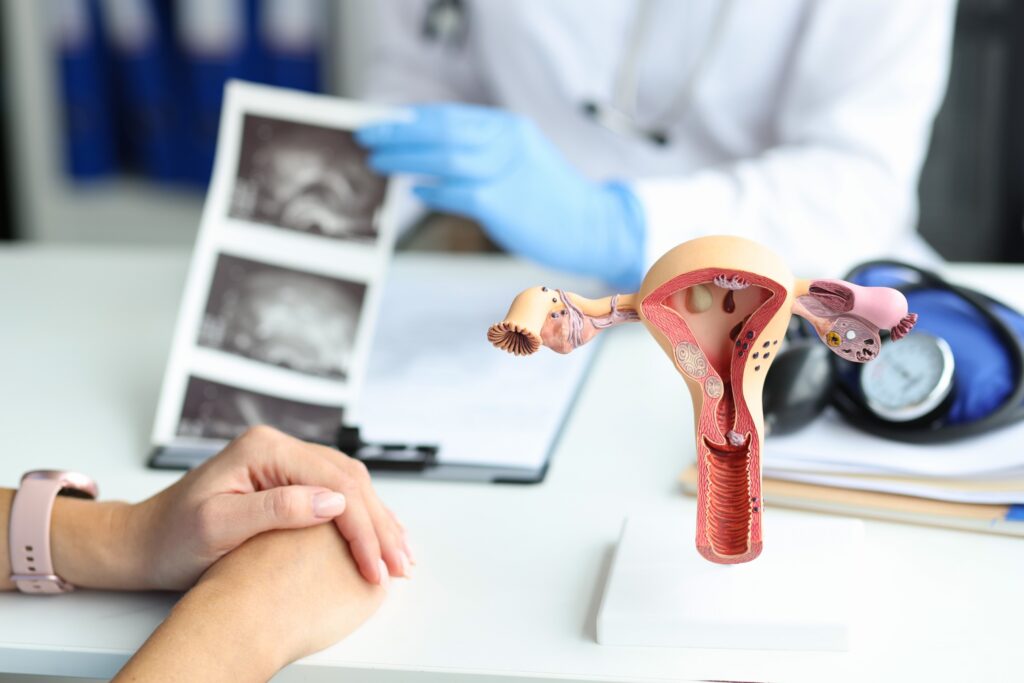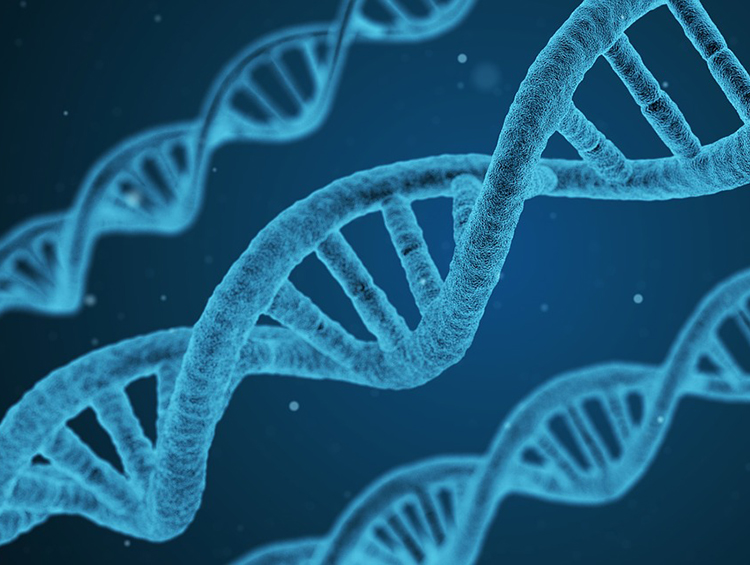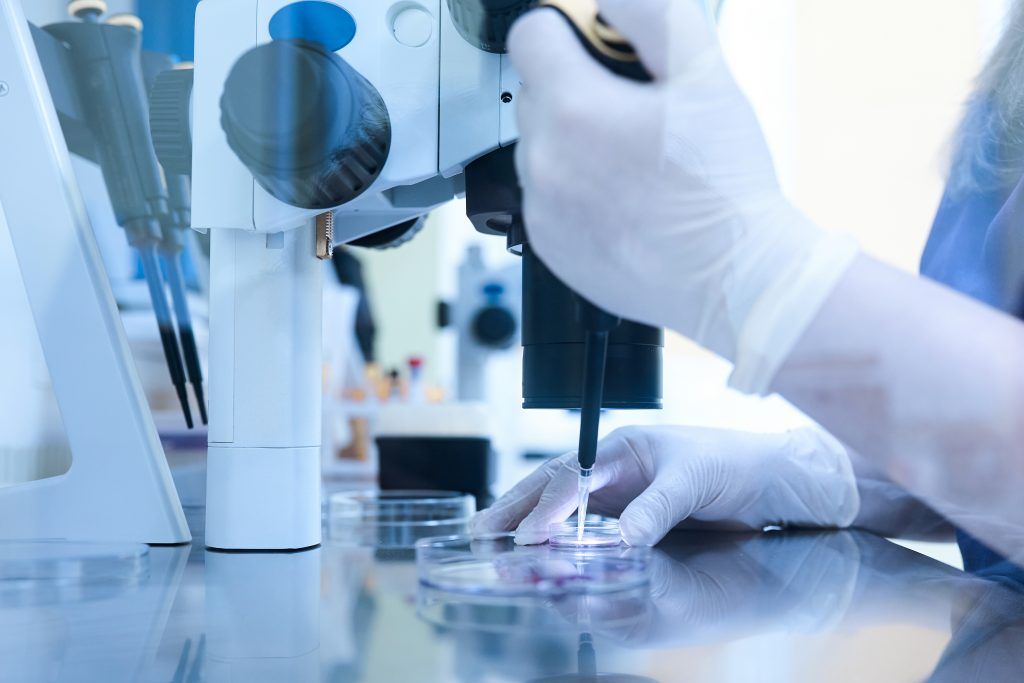Embryo donation is the procedure which consists of thawing and transferring, to the recipient woman’s uterus, embryos from couples who have gone through IVF or egg donation and, after having obtained a pregnancy, have donated their surplus frozen embryos for reproductive purposes.
1 For which patients is embryo donation indicated?
Generally, couples or patients who choose the adoption of embryos are those who cannot use their own eggs or sperm to get pregnant. In the majority of cases, the patients have several cycles with their gametes and have not been successful. In women, the main reason not to use her own eggs is the age or low egg reserve; in the male, the absence of spermatozoa, very severe alterations in the semen analysis, or detection of embryonic problems pointing to a male factor.
Also patients with genetic diseases that could be transmitted to the baby, women without a male partner or patients with failure of other assisted reproduction techniques as in vitro fertilization (IVF) or egg donation may choose to go through embryo donation.
2 Where do donated embryos come from?
The embryos for donation come from couples who did IVF treatment, got a pregnancy and, having frozen surplus embryos, they have decided not to have more children. A large percentage of these embryos tend to come from cycles of egg donation, since the embryo quality is best in these cycles and, therefore, the likelihood of pregnancy and freezing embryos is greater.
3 What requirements must meet couples who donate embryos?
Donors should comply with the same premises as a donor of gametes. The age should be less 36 years in women and 50 men, there should not exist any infectious or genetic disease in them, or hereditary disease in the family.
4 Is embryo donation anonymous?
As it gathers in the Law 14/2006 on Assisted Human Reproduction, embryo donation is anonymous, as well as the donation of gametes (eggs and sperm). Patients who have frozen embryos may choose to donate them for reproductive purposes. For this, they sign a consent for donation to other couples where they disclaim all subsidiary rights on these embryos.
5 What are the criteria to assign embryos?
The clinic carries out the selection of embryos. Donors must be compatible with the recipients in terms of race, height, blood group and Rh. In URH Garcia of the Real, we also have in mind the rest of phenotypic characteristics when they are known, to try to achieve maximum physical similarity between the future child and their parents.
6 Is there a waiting list for the adoption of embryos?
The waiting time for the adoption of embryos is variable depending on each Clinic and whether they have their own “Bank of Embryos”. URH Garcia of the Real, we have our own “Bank of Embryos” and have no waiting list for treatment. For this reason, in the first visit to the clinic, usually, the treatment can already be programmed.
7 In what stage of embryonic development are the embryos?
In URH Garcia del Real donated embryos are in blastocyst stage. Embryos that have reached blastocyst have greater implantation capacity because they have overcome a critical phase in their evolution (from the 3rd day) in which some embryos stop development for chromosomal alterations.
8 What is the pregnancy rate with embryo donation?
Although some patients go to embryo donation relatively fast, most of them see, in this treatment, the “last chance to achieve their dream”. However, the results that this technique offers are really good. The pregnancy rate with donated embryos is 40-45% by transfer and reaches 90% after 3 or 4 attempts. These results do not depend on the age of the patient. If we compare the probability of pregnancy with embryo donation with the transfer of one or two embryos, the results are very similar. In single embryo transfers, the probability of success is 39% and if we transfer two, 44%. The risk of multiple pregnancy goes from 0% to 28% in single or double embryo transfer, according to our statistics of the last five years. For this reason, and taking into account that many women who opt for embryo donation are over 40 years age, we recommend the transfer of a single embryo.
9 How is the uterus prepared for the adoption of embryos?
Endometrial preparation for the adoption of embryos is much simpler than in IVF or egg donation treatment. If the patient has regular cycles, it can be done in a natural cycle, simply transferring the embryo 5 days after ovulation. In patients who have no cycles or irregular menses, we prepare the uterus with a hormonal estradiol and progesterone treatment.
10 Emotional aspects of being a mother by embryo donation
To go through an embryo donation treatment, it is essential to have thought all the emotional aspects that involves giving up your own genetics to have a child, and to have solved all the doubts that can arise both before, during and after pregnancy. Not all couples or patients are prepared to take that step at the same time. It is very important to make that psychological work before pregnancy occurs to prevent possible future problems.
If you are interested in learning more about embryo donation, please do not hesitate to contact us. We offer you a free first consultation, in person or via Skype, in which we will discuss your case in detail and will resolve all your doubts. You can make an appointment through our website or by phoning 917401690. We will be glad to help you!
Dr. Rosa Cercas Duque IVF and Andrology Laboratory
Dr. Laura Blasco Gastón – Gynecologist specialized in Assisted Reproduction

